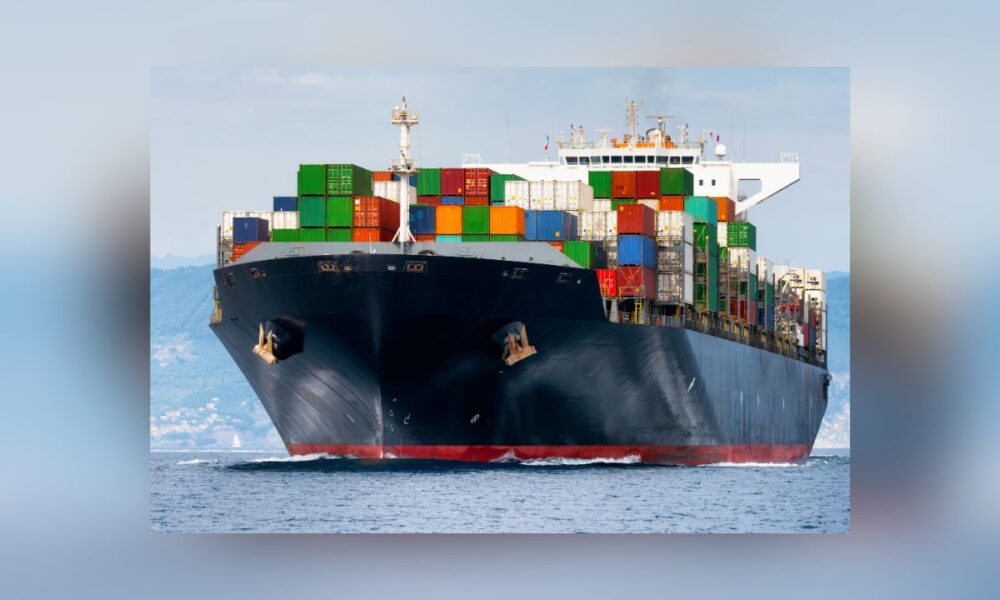The United States and Indonesia agreed Tuesday to a framework for negotiating a major trade deal. The agreement would eliminate nearly all Indonesian tariffs on U.S. exports while reducing American tariffs to 19 percent.
The reciprocal trade agreement marks a significant shift in U.S. trade policy under the current administration. It could unlock billions in new commercial deals between the world’s third-largest democracy and Southeast Asia’s biggest economy.
Under the framework, Indonesia would eliminate approximately 99 percent of tariffs on U.S. industrial and agricultural products. The U.S. would reduce reciprocal tariffs on Indonesian goods to 19 percent.
Indonesia committed to addressing numerous non-tariff barriers that have long frustrated American exporters. These include exempting U.S. companies from local content requirements and accepting vehicles built to U.S. safety standards.
The framework addresses longstanding intellectual property concerns and regulatory hurdles for American pharmaceuticals and medical devices. Indonesia has agreed to accept FDA certificates and remove certain labeling requirements for U.S. goods.
On digital trade, Indonesia promised to allow personal data transfers to the United States. The country also committed to supporting a permanent moratorium on customs duties for electronic transmissions at the World Trade Organization.
Labor and environmental protections feature prominently in the agreement. Indonesia pledged to ban imports made with forced labor and strengthen workers’ rights to unionize and bargain collectively.
The framework requires Indonesia to combat illegal logging and fishing while accepting the WTO Agreement on Fisheries Subsidies. Indonesia must also remove export restrictions on critical minerals bound for the United States.
American and Indonesian companies are already lining up deals worth billions of dollars. These include aircraft purchases valued at $3.2 billion, agricultural products worth $4.5 billion, and energy products totaling $15 billion.
Both nations plan to finalize the agreement in the coming weeks. The deal builds on their 1996 Trade and Investment Framework Agreement while addressing modern trade challenges.
The agreement represents a strategic economic partnership designed to counter unfair trade practices from other countries. It emphasizes supply chain resilience and cooperation on export controls and investment security.


